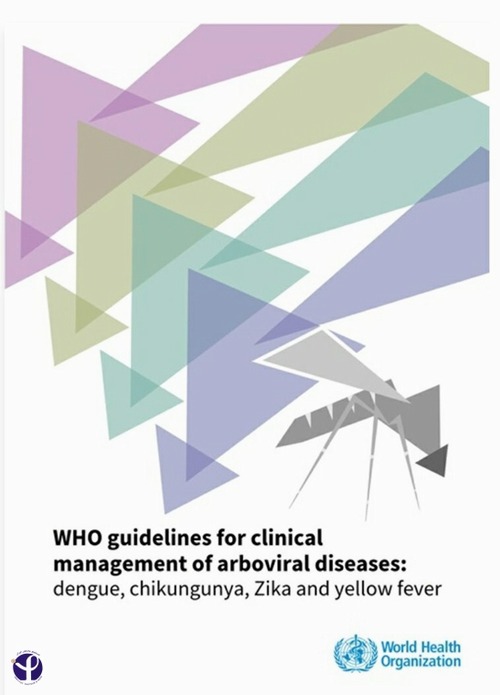WHO Released Integrated Guidelines for Clinical Management of Arboviral Diseases with Participation of the Pasteur Instititute of Iran’s Faculty Member
Given the growing importance of vector-borne viral diseases, particularly arboviral diseases such as dengue, chikungunya, Zika, and yellow fever, as well as concerns about their global spread, the World Health Organization (WHO) has collaborated with leading clinical and laboratory experts worldwide to develop comprehensive guidelines for the clinical, laboratory, and therapeutic management of these diseases. Dr. Mostafa Salehi-Vaziri, Associate Professor of Virology and faculty member at the Emerging and Re-emerging Infectious Diseases Research Center of the Pasteur Institute of Iran, was invited by WHO as a key arboviral disease expert to contribute significantly to the formulation of these guidelines.
The current clinical guidelines aim to provide standardized protocols for managing four prevalent arboviral diseases, namely, dengue, chikungunya, Zika, and yellow fever. Based on the latest evidence, this document offers a structured approach to categorizing patients into non-severe (outpatient) and severe (hospitalized) groups and outlines evidence-based treatment recommendations in areas such as fluid replacement, symptom control, hemodynamic monitoring, and specific therapies.
The WHO 2025 guidelines emphasize clinical monitoring-based management (CRT, lactate, fluid responsiveness) and avoiding unproven treatments (steroids, immunoglobulins, prophylactic platelet transfusion).
Access link to the Guidlines: https://www.who.int/publications/i/item/9789240111110


